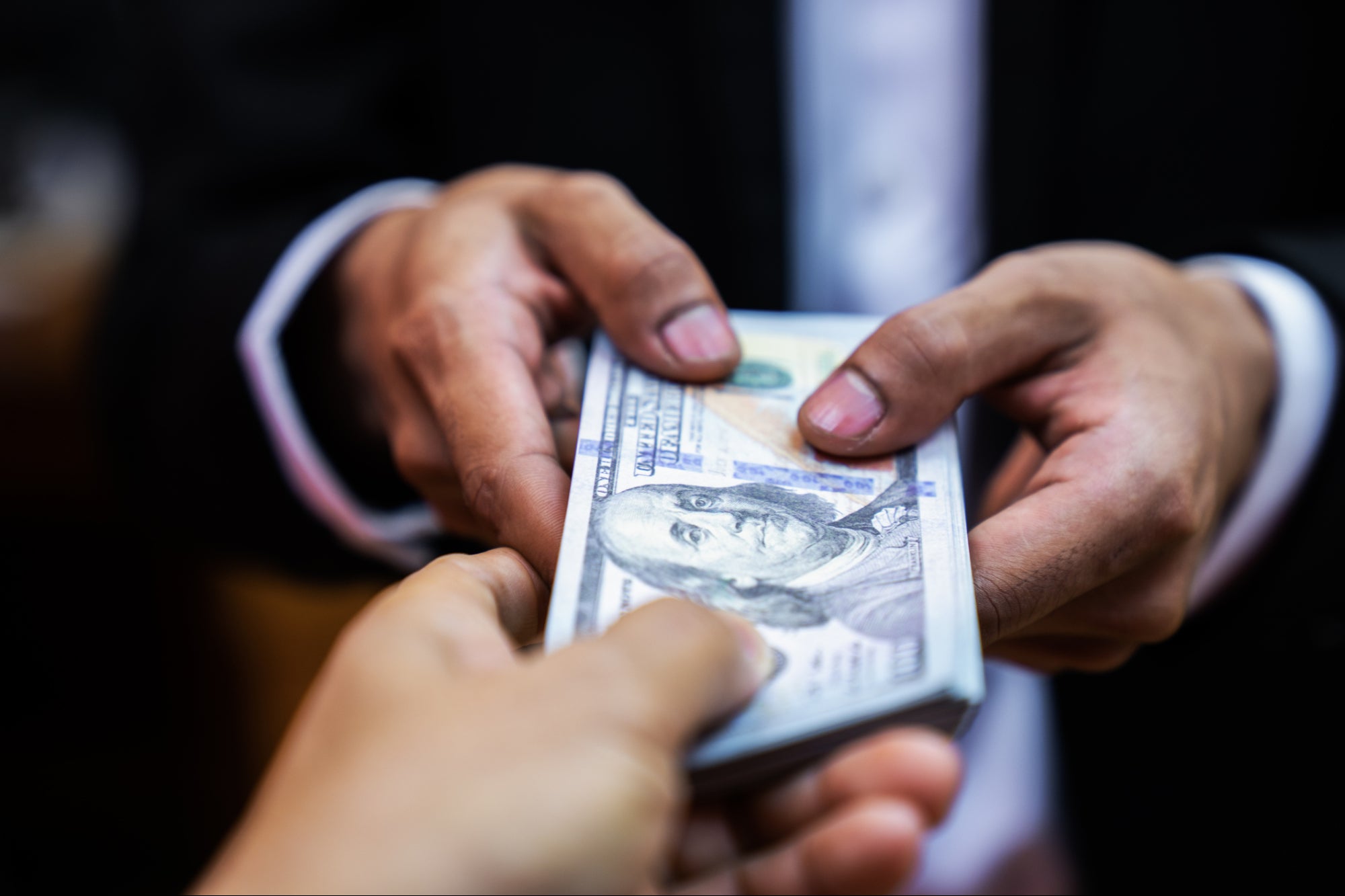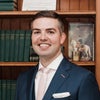5 Most Controversial Corporate Multi-Million and Billion-Dollar Settlements A look at some of the biggest settlements for alleged corporate crimes.
By Chris Porteous Edited by Dan Bova
Opinions expressed by Entrepreneur contributors are their own.

Airbus agreed to a payment of $4 billion to settle allegations of bribery and corruption in the sale of its aircraft. The settlement with French, UK and US governments brought to an end a four-year investigation and also highlighted the growing importance of "plea bargains" to settle allegations of white-collar crime.
The Airbus settlement came after a record year for corruption plea agreements. The US Department of Justice (DoJ) brought in $2.65 billion in settlement fees in 2019, although the increasing use of plea bargains for alleged corporate crimes remains controversial.
In the Airbus case, for example, no executives will face justice and the company has not admitted guilt. In the UK, the Serious Fraud Office has agreed to plea agreements with engine maker Rolls Royce and supermarket chain Tesco but failed to hold individuals accountable for any wrongdoing.
Related: 4 Ways Your Small Business Can Better Prevent Cyber Crime
Given the focus on the Airbus settlement, here is a list of the five most controversial corporate settlements ranging from the Kazakhgate scandal involving billionaire Patokh Chodiev to Operation "Car Wash" in Brazil.
Volkswagen's "Dieselgate" Scandal
In January 2017, carmaker Volkswagen agreed to pay a fine of $4.3 billion in the US to settle charges of fraud and obstruction of justice. US prosecutors said that the fine could have been as high as $34 billion had Volkswagen not entered into a plea agreement to settle the "dieselgate" scandal.
According to the DoJ, engineers at Volkswagen began designing a new "clean diesel" engine in 2006 to meet stricter emissions standards. When the engineers realized that they could not design an engine that would meet both the emissions standards and attract sufficient customer demand, investigators say they used software that could game emissions tests.
The software could recognize when a vehicle was undergoing emissions testing and shift to a temporary mode that satisfied the emissions standards. When testing was not being performed the engines operated in their normal mode, emitting more pollutants than were legally allowed.
After years of selling their "clean diesel" vehicles in the US, a study by the International Council on Clean Transportation found substantial discrepancies in the NOx emissions from certain cars when tested on the road compared to when these vehicles were undergoing EPA tests.
Related: El Chapo and the 15 Biggest Money-Making Criminals of All Time
According to the DoJ, Volkswagen disclosed as little as possible in the subsequent investigation and provided testing results, data, presentations and statements that implied the problem was mechanical — despite secretly knowing that the reason for the inconsistencies was the cheating software.
The DoJ has charged six executives with conspiracy to defraud the United States and violate the Clean Air Act. The "Dieselgate" scandal is estimated to have cost Volkswagen more than €30bn in fines, penalties and buyback costs worldwide.
Kazakhgate: An Unlikely Controversy
When Patokh Chodiev, Alexander Mashkevich and Alijan Ibragimov entered a plea bargain to settle charges relating to property bought in Belgium it appeared to be the end of a 16-year investigation into the trio of billionaires, who own mining assets in Kazakhstan.
But when media reports subsequently claimed the businessmen had benefited from a political campaign that had sought to fast-track the introduction of Belgium's plea bargain law for their benefit, a scandal erupted. The so-called "Kazakhgate" affair dominated newspaper headlines for years and resulted in a Parliamentary Inquiry Committee (PIC) being formed to investigate.
It was claimed that the President of Kazakhstan had asked for a favor from the then President of France, Nicolas Sarkozy, to have the case against Chodiev et al. settled. The French introduced Chodiev and his partners to a lawyer called Catherine Degoul, who opened negotiations with the Belgian authorities. The French were reportedly keen to assist Chodiev because he was helping to facilitate the sale of helicopters and satellite equipment worth about €4 billion to Kazakhstan.
The Belgian Parliamentary investigation sat for 16 months and heard from 177 witnesses but it ultimately concluded that while the Chodiev case was one of the first to be settled using the new plea bargain rules, resulting in a €21 million payment with no admission of guilt, the law had not been enacted for this purpose.
The PIC said that there had been no undue political influence and that the plea bargain had been entered into properly and was in the interests of the Belgian state.
The Chodiev plea bargain caused a major international political scandal with accusations of France influencing the laws of Belgium but, when the matter was officially investigated, the controversy was revealed to be nothing more than a normal legal procedure.
Operation Car Wash: Odebrecht and Petrobras
Brazilian prosecutors launched Operation Car Wash in 2014 to investigate money laundering by Petrobras, a state-owned oil company. The investigation quickly expanded into a bribery and corruption case that included several other companies, particularly Odebrecht, a global construction conglomerate.
In December 2016, Odebrecht agreed to pay $3.5 billion to settle charges brought by the authorities in Brazil, Switzerland and the US. The US DoJ described the corruption scheme as "the largest foreign bribery case in history".
According to the DoJ, Odebrecht engaged in a bribery scheme for more than a decade, starting in 2001. In that period, investigators say the company gave bribes of about $788 million to government officials and political parties in Brazil, Argentina, Colombia, Mexico and Venezuela in order to win business. The bribes were paid through a complex network of shell companies, off-book transactions and offshore bank accounts.
The bribery scheme was so large that an entire department called the "Division of Structured Operations' was established within Odebrecht to handle the payments.
Related: 10 Instagram Branding Lessons From Mexican Drug Lords
About 77 Odebrecht executives have agreed to plea bargains with Brazilian authorities and given evidence against the politicians who allegedly received the bribes, allegedly including former President Michel Temer – who was arrested on corruption charges last year. The Car Wash investigation has also resulted in a 12-year prison sentence for former President Luiz Inácio Lula da Silva while da Silva's successor, President Dilma Roussef, was impeached and removed from office over her involvement with Petrobras.
In April 2017, the Brazilian Supreme Court opened investigations into over 100 politicians alleged to have received bribes from Odebrecht and other companies.
Airbus
The investigation into Airbus focused on the company's use of third-party consultants to win billion-dollar aircraft deals. The sales campaigns included Air Arabia, Chinese Airlines, Korean Air, Nepal Airlines and China Airlines (Taiwan). French investigators accused Airbus of bribing foreign officials, forgery and use of forged documents, conspiracy to defraud, money laundering and the misuse of corporate assets.
In the UK, the investigation focused on allegations that Airbus had used external consultants to bribe customers to buy civilian and military aircraft. Lisa Osofsky, director of the SFO, said: "Airbus paid bribes through agents around the world to stack the decks in its favor and win contracts around the globe."
The UK's SFO also investigated allegations that Airbus paid a bribe of $50 million through sponsorship of the Caterham Formula 1 team to win plane orders from Air Asia. AirAsia's founder and CEO Tony Fernandes owned the F1 team. He has denied any wrongdoing but stepped down from the airline in February 2020.
Airbus agreed to a $4 billion settlement with prosecutors in February 2020.
Ericsson
In December 2019, Ericsson, the Swedish telecom company, agreed to pay approximately $1 billion to settle the US government's investigation into bribery and corruption allegations. The DoJ investigation found that Ericsson subsidiaries had engaged in wide-spread bribery in countries including Djibouti, China, Vietnam, Indonesia and Kuwait in order to win lucrative telecommunications contracts from state-owned customers.
In Indonesia, for example, an Ericsson subsidiary made approximately $45 million in payments to a consulting company to fund an off-the-books slush fund. Another subsidiary paid $2.1 million in bribes to government officials in Djibouti in order to secure a contract of €20.3 million to modernize the mobile networks system in Djibouti.
Another slush fund was used in China to pay for gifts, travel and entertainment of officials, including customers from state-owned companies.
Brian A. Benczzkowski, US Assistant Attorney, said: "Ericsson's corrupt conduct involved high-level executives and spanned 17 years and at least five countries, all in a misguided effort to increase profits".










